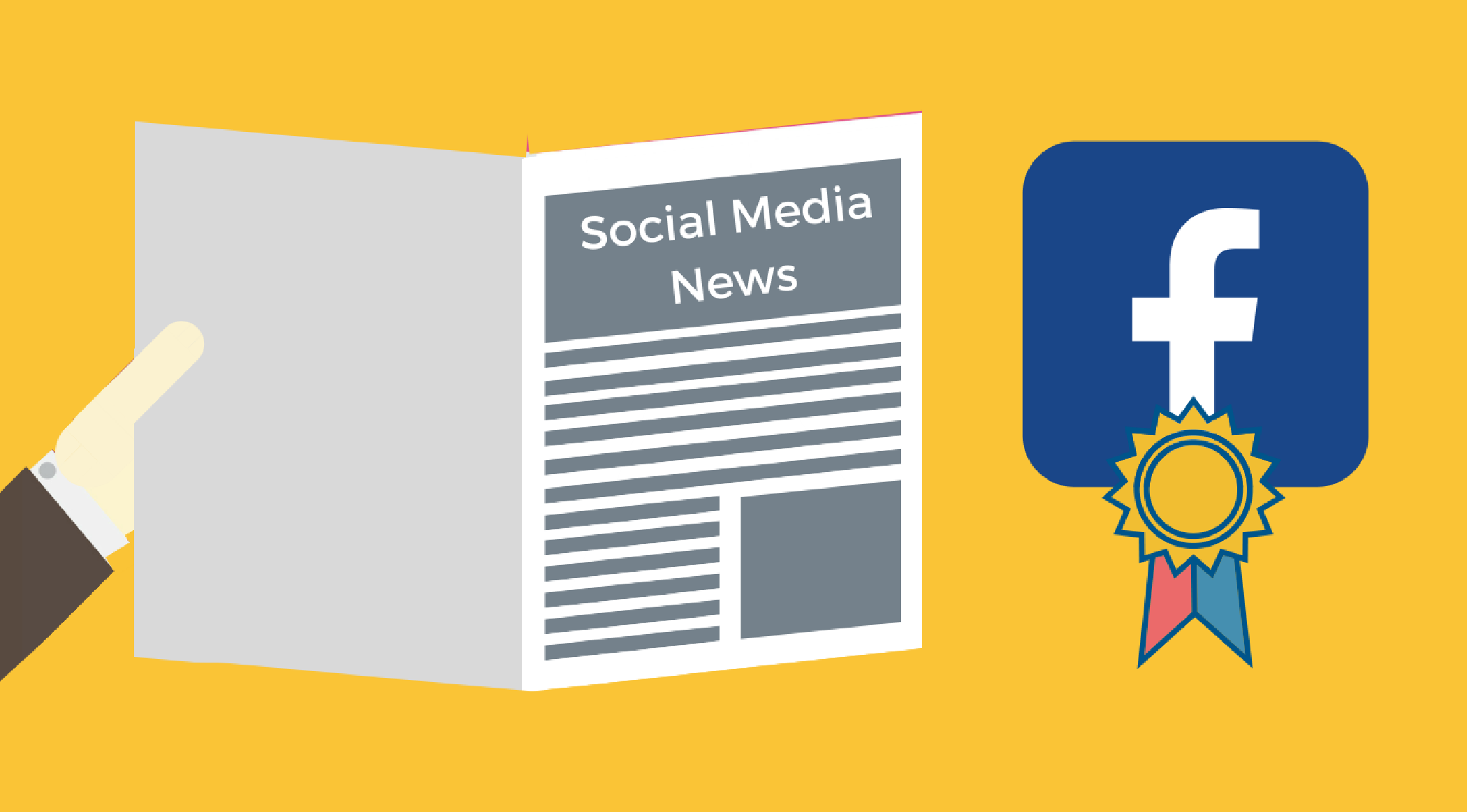
It has emerged recently that a growing number of us, in particular those across the pond, get a large portion of our daily news from Facebook, as opposed to an actual news organisation. But when Facebook is more commonly known as Fakebook these days, just what is the social media giant doing to counter fake news stories?
This is somewhat understandable given that much of the news that appears on Facebook is taken directly from reliable media outlets and makes its way onto your feed via shares from your friends.
But what happens when people begin to share fake stories? How can we tell the real ones from the bogus ones?
Election projection
The issue has come to the fore largely due to the recent victory for Donald Trump, which generated accusations that Facebook had actually aided the president-elect due to fake stories that were circulated.
The most high profile of which is the now exposed article claiming that the Pope himself endorsed Trump as a presidential candidate.

Questionable for sure, but many believed it, and furthermore blamed this and similar stories for causing the surprising situation the US now finds themselves in.
Zuckerberg reacts
Almost immediately, the CEO and creator of Facebook, Mark Zuckerberg, has spoken in public to reassure users that 99% of the content on the social media site is authentic, with only a very small amount being fake news or hoaxes.
He tried to reason that they could not be responsible for the outcome of the election, but did say that Facebook would be doing more to combat fake stories – by enabling communities to flag up news that they believe to be false.

This action will undoubtedly carry a great many difficulties. First of all, who’s to say that people won’t purely start flagging stories that they disagree with, as opposed to believe is not factual?
Secondly, how do you accommodate for news stories that are intended to be funny and not necessarily meant to be believed, such as this one?
Thirdly, Facebook is not a news organisation. Who are they to say what is truth and what is fiction? There will have to be a lot of cross-referencing done by real humans behind the scenes to verify and that would take time. This will also be particularly difficult now that Facebook sacked a whole team of people who decide what you see in your newsfeed and instead replaced them with algorithms.
Whatever the case, I would bargain that it will be a while before we completely stop seeing fake stories appear on Facebook. It may require a radical change to the way the site markets itself. Perhaps one day it will become the arbiter of all things good, who knows? But we still have a way to go yet.